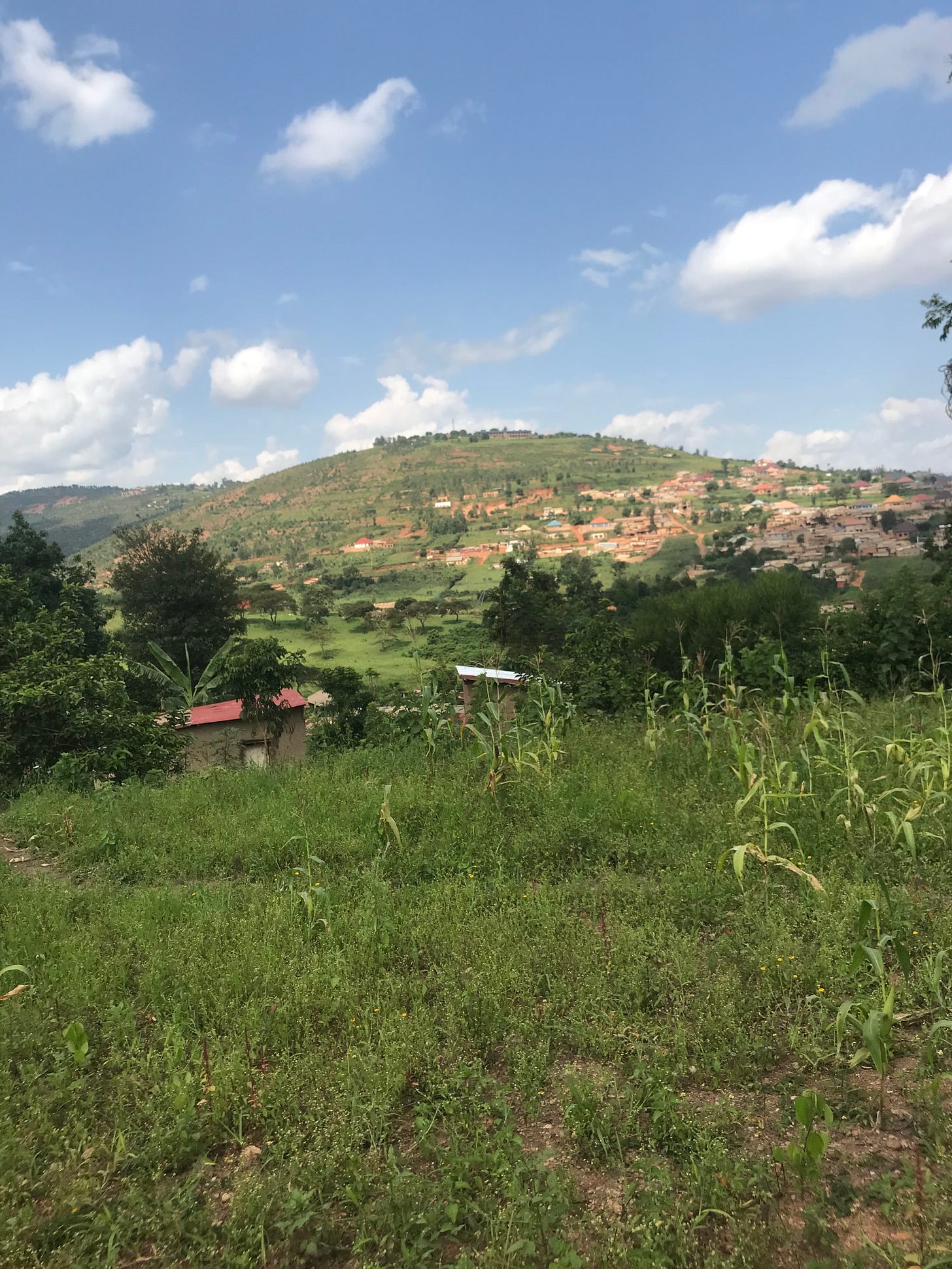From early philosophy Plato stated “that what we call learning is only a process of recollection.”1 Growing up I heard this concept recited as ‘to learn is to remember.’ As humans, can we truly learn without remembering the past? Our predecessors teach lessons of what to do and oftentimes what not to do. History has made progress such as innovations and technological advances spread through generations. What worked in the past seems to be lessons well learned. However, ignoring these treasures can cause a repeat of catastrophe because some history should just never be repeated. So this opens the question, What should we remember?
Rwanda is a small country located in east- central Africa with a history rich in lessons. In 1994 an estimated around one million people were killed in 100 days, a massacre at record breaking speed. This declared genocide targeted the minority group labeled the Tutsi, categorized as a separate ethnicity from the majority Hutu population.2 After twenty eight years of recollection since the Tutsi genocide, remembering has become an important part of modern day Rwandan history.
A prime example of learning from memory is the one hundred days of Kwibuka. Kwibuka means ‘remembrance’ or ‘ to remember’ in Kinyarwanda, the native language. Rwanda has memorialized the one hundred days of genocide starting April 7th till July 4th by creating a national mourning period. During these one hundred days victims of the genocide get to take time to commemorate lost loved ones and mourn together. In my experiences speaking with people in Rwanda, the terminology used to describe these days are “the days to cry.” Outside of these one hundred days they are to live. The history of the genocide is being written all over the country. To forget history in Rwanda is taboo.3
To partner the one hundred days of remembrance, Rwanda has commemorated many sites around the country as memorials and museums to the genocide. The Kigali Genocide Memorial is one worth a mention. This memorial is the final resting place of one fourth of the found victims, over 250,000 bodies lay in unmarked graves. A wall of names consistently being edited to parallel the unmasking of those lost. The attached museum lays out walls of history, pictures, and memories. A slogan to correspond; ‘a place of remembrance and learning.’ Other sites have been created and some have been maintained with history, at times, literally spilled over floors and walls. These places have become safe for those who wish to recollect what occurred and remember those who have past.
I was given the opportunity to walk the floors of the Nyamata Church Genocide Memorial. I saw the stains on the walls, the collection of shoes and shirts, the array of skulls that lined the edges. A massacre presented, a lesson preserved. An estimated five thousand Tutsi lost their lives in Nyamata, primarily by machete. Women and children were not spared. All were left for dead.4 Remembering is not painless, but pain preserves memory.
When meeting with representatives of Rwanda, government narratives keep a strong hold on controlling how memory is preserved. Locations, like the Nyamata Church and genocide memorials around the countryside, all take remembrance very seriously. The 28 years have passed with a Rwandan emphasis on what should be remembered about this event. A role leadership has taken to prevent such an event in the future has manifested into creating a personal place in the communities to remember these pains.
I think it is fair to say that Rwanda refuses to repeat its history, they refuse to forget what happened, and they will always remember the lessons. If to learn is to remember then the lesson I learned in Rwanda is to never forget.
A quote found in Plato’s “Meno”
Gourevitch, Philip. We Wish to Inform You That Tomorrow We Will Be Killed With Our Families: Stories From Rwanda. New York: Farrar, Straus, and Giroux, 1998. Print.
Rutikanga, Bernard. “Understanding the Genocide: The role of history, identity, and culture.” Kigali: Institute of Research and Dialogue for Peace, May 18 2022. Lecture.
Hatzfeld, Jean. Life laid Bare: The Survivors in Rwanda Speak. New York: Other Press, 2007. Print.






